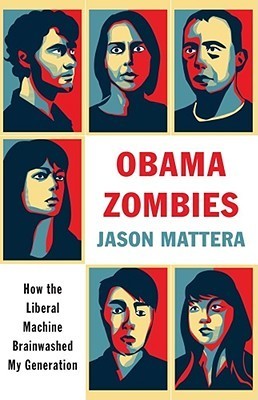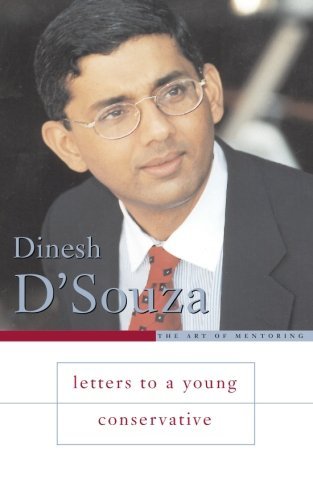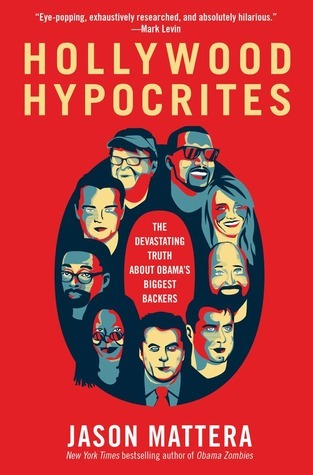
Obama Zombies: How the Liberal Machine Brainwashed My Generation
Book Description
They slipped into our minds like a whisper. “Change.” “Hope.” But what if those promises masked a darker agenda? In "Obama Zombies," Jason Mattera exposes the insidious tactics of the liberal machine that captivated a generation, transforming passionate ideals into dangerous dogma. With razor-sharp wit and relentless insight, Mattera pulls back the curtain on the propaganda that infiltrated classrooms, media, and pop culture, igniting a battle for the soul of America. As the lines blur between conviction and indoctrination, can the truth shatter the illusion before it’s too late?
Quick Book Summary
"Obama Zombies" by Jason Mattera is a provocative critique of the 2008 presidential election, arguing that the Obama campaign used sophisticated psychological and media strategies to manipulate young voters. Mattera contends that the so-called "liberal machine" deployed messaging carefully crafted to exploit youthful ideals, hopes, and anxieties, turning support for change into unquestioned loyalty. He examines the roles of celebrities, mainstream media, and education in shaping a generation’s political views, painting a picture of indoctrination rather than informed engagement. Through sharp humor and detailed research, Mattera warns that this wave of mass persuasion threatens open debate and genuine democracy, urging readers to recognize propaganda and reclaim independent thought.
Summary of Key Ideas
Table of Contents
Targeting and Mobilizing Youth Voters
Jason Mattera opens the book by analyzing the Obama campaign’s systematic targeting of youth voters. He argues that campaign strategists employed social media, campus outreach, and digital marketing with unprecedented effectiveness. By tapping into young people’s desire for meaning and participation, the campaign generated immense enthusiasm and turned voting into a cultural event. Mattera suggests this was less about genuine engagement and more about building a cohesive bloc of loyal supporters through clever branding and peer pressure.
The Role of Media and Celebrity Culture
A significant focus is placed on the role of mainstream media and celebrity culture in the election. According to Mattera, the Obama campaign enjoyed uncritical coverage and benefitted from celebrities who used their platforms to promote the candidate. Movies, music, and influential personalities conveyed messages aligning with liberal ideology, blurring lines between entertainment and political persuasion. Mattera details how this synergy magnified Obama’s appeal and discouraged dissent among young people, creating an echo chamber effect.
Education as an Avenue for Indoctrination
Mattera explores education as a third pillar for influence, asserting that many high schools and universities downplayed intellectual diversity in favor of liberal orthodoxy. He recounts examples of professors and curricula that subtly, or overtly, supported Obama’s policies and ideals. The author argues that this academic environment fostered conformity, promoting political activism that mirrored progressive talking points rather than encouraging independent thought.
Manipulation of Messaging and Narrative
Central to the book is the analysis of how messaging and narrative were manipulated for maximum psychological impact. Slogans like “Hope” and “Change” were marketed as universal aspirations, but Mattera contends they masked vague policy proposals and discouraged nuanced discussion. Emotional appeals replaced substantive arguments, making it easy to paint opponents as regressive or out-of-touch. This section delves into the methods used to cultivate groupthink and demonize critics.
Implications for Future Political Engagement
Finally, Mattera considers the long-term implications for American democracy. He warns that the tactics employed in 2008 may serve as a blueprint for future campaigns, deepening polarization and diminishing real debate. The author calls for vigilance against one-sided narratives and encourages young people to seek out competing viewpoints. By fostering skepticism and critical thinking, Mattera believes society can resist indoctrination and preserve the integrity of self-government.
Download This Summary
Get a free PDF of this summary instantly — no email required.





